Canine Lymphoma Treatment Protocols
Canine lymphoma treatment protocols. The UW-25 protocol may not be appropriate for all dogs with lymphoma. In summary the best protocol for lymphoma currently available for routine clinical use is a 5-drug protocol consisting of cyclophosphamide vincristine prednisone doxorubicin and L-asparaginase. This period may vary between few weeks to years after initiated.
Many protocols have been developed for the treatment of canine lymphoma but independently of the protocol used eventually the majority of the patients will present loss of remission in approximately 6 to 9 months after the treatment is initiated. Certain breeds generally. Several different drugs vincristine Cytoxan and Adriamycin are alternated in order to reduce the chance that the tumor cells will become resistant and to reduce the risk of side effects.
And risks of treatment. The principal candidates are described as. GI protectants are recommended for first 14 days.
Treatments based on these four drugs are often abbreviated as CHOP cyclophosphamide hydroxydaunorubicin doxorubicin Oncovin a trade name of vincristine and prednisone protocols. Evaluation of a 15-week CHOP protocol for the treatment of canine multicentric lymphoma Dose intense CHOP protocols have been shown to improve outcome for people with non-Hodgkins lymphoma but evaluation of dose intense CHOP protocols for canine lymphoma is currently limited. CHOP chemotherapy for the treatment of canine multicentric T-cell lymphoma.
Dogs with multicentric T-cell lymphoma are commonly treated with CHOP chemotherapy protocols that include cyclophosphamide doxorubicin vincristine and prednisone. Comparison of different protocols for treatment of canine lymphoma. For dogs t treated with a CHOP-L type of protocol and then taken off treatment.
It is important to understand some principles of drug resistance in order to rationally select a rescue. Rescue Protocols for Canine Lymphoma Most dogs with lymphoma treated with CHOP chemotherapy achieve a complete remission meaning we can no longer detect cancer cells in their body. The most effective chemotherapy protocol is a multi-agent chemotherapy.
This is an oral chemotherapy medication thats given every three weeks. Rescue protocols for canine lymphoma Drug resistance.
The principal candidates are described as.
One commonly used CHOP protocol in veterinary medicine is shown in CHOP Multidrug Chemotherapy for Treatment of Canine Lymphoma. This period may vary between few weeks to years after initiated. Comparison of different protocols for treatment of canine lymphoma. Nearly 40 protocols for management of lymphoma in dogs have. Evaluation of a 15-week CHOP protocol for the treatment of canine multicentric lymphoma Dose intense CHOP protocols have been shown to improve outcome for people with non-Hodgkins lymphoma but evaluation of dose intense CHOP protocols for canine lymphoma is currently limited. The duration of remission varies from a few months to a year or more after completion of treatment. One commonly used CHOP protocol in veterinary medicine is shown in CHOP Multidrug Chemotherapy for Treatment of Canine Lymphoma. Your veterinarian can help provide a prognosis and develop a treatment plan based on your dogs type and stage of lymphoma. The gold standard treatment for dogs with multicentric lymphoma consists of a multi-agent CHOP-based chemotherapy protocol incorporating several injectable and oral drugs L- asparaginase vincristine Cytoxan prednisone and doxorubicin given on a more-or-less weekly basis.
And risks of treatment. Remission does not equal cure and. It is based on a protocol called CHOP that is commonly used to treat lymphoma in humans. Comparison of different protocols for treatment of canine lymphoma. The other protocol popularly used for rescue purposes is a protocol called DMAC which is a combination of. Your veterinarian can help provide a prognosis and develop a treatment plan based on your dogs type and stage of lymphoma. GI protectants are recommended for first 14 days.
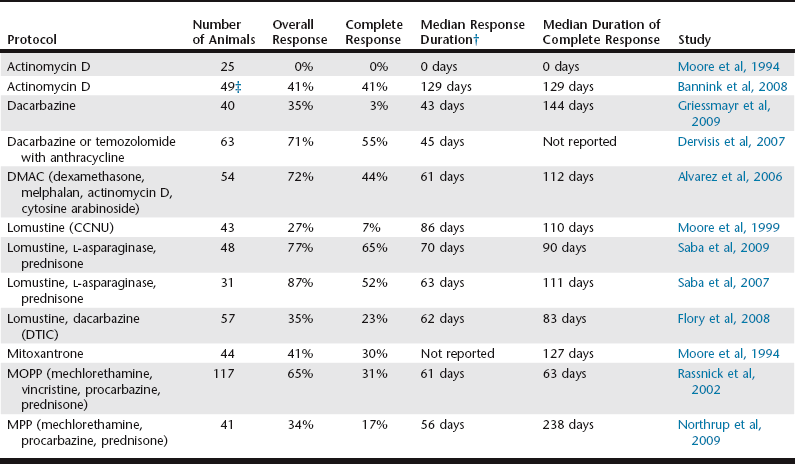








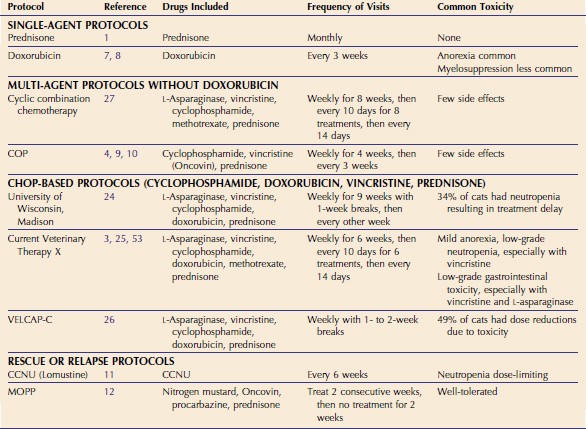

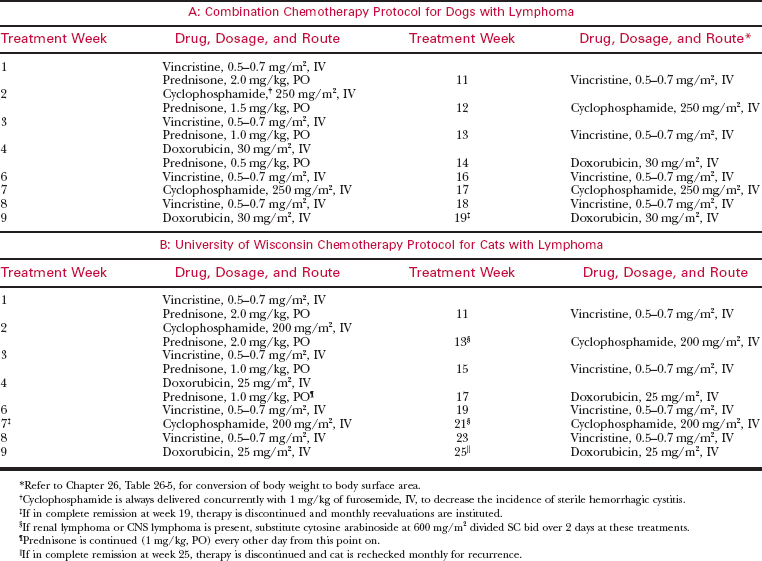

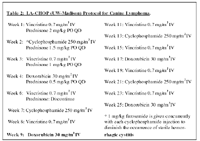

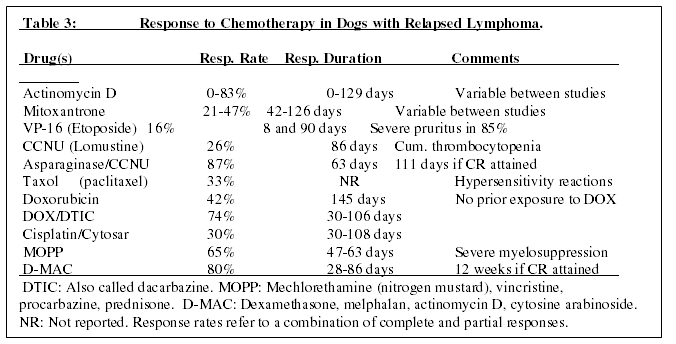


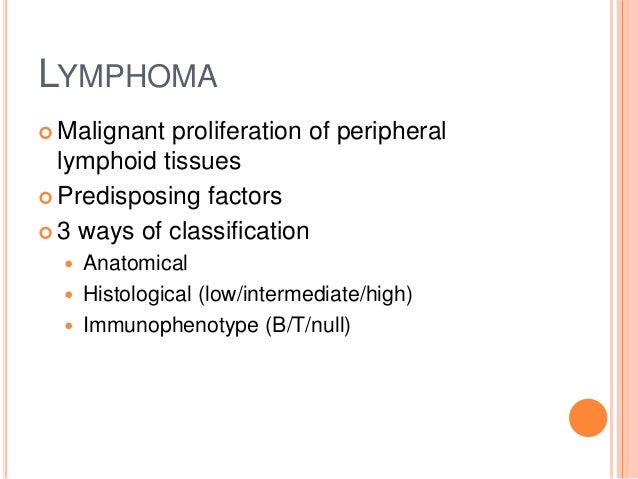

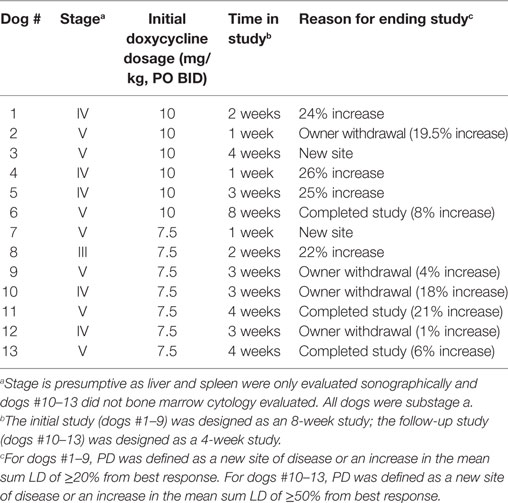






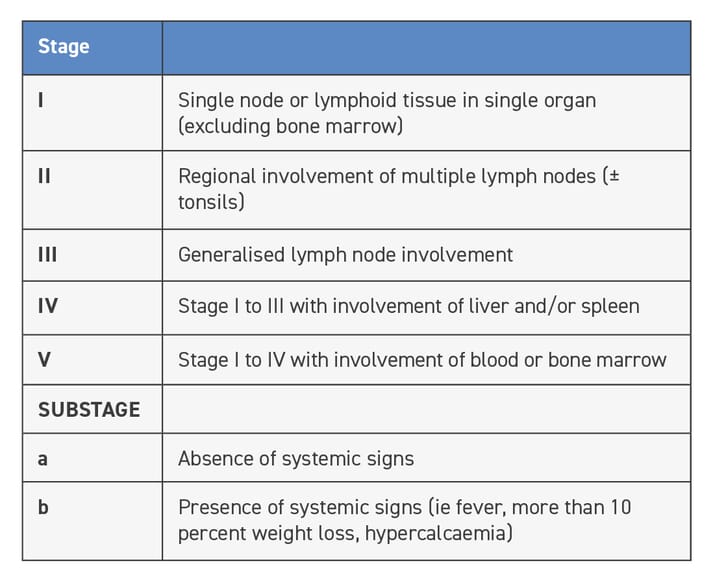
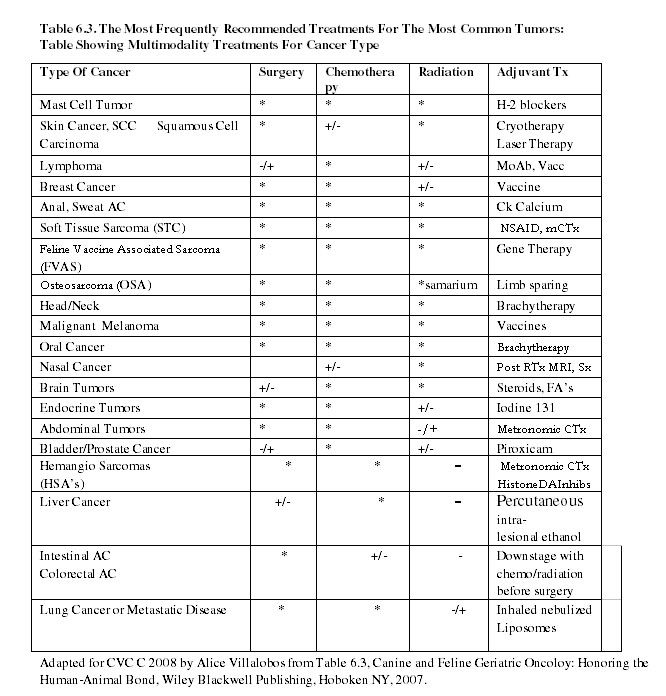

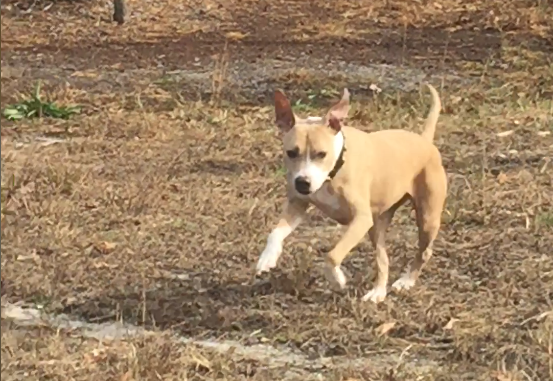

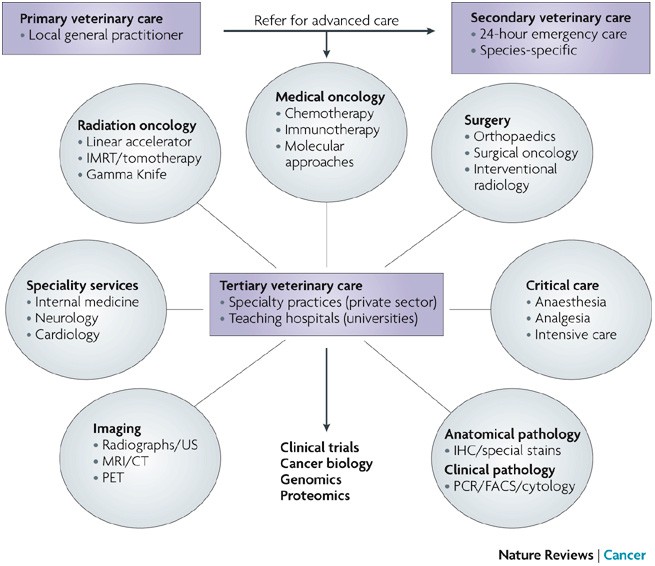

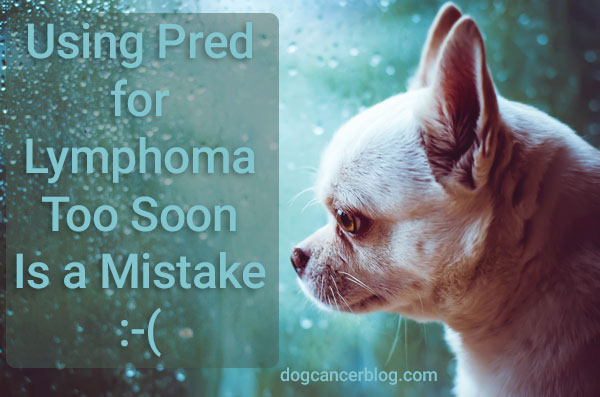





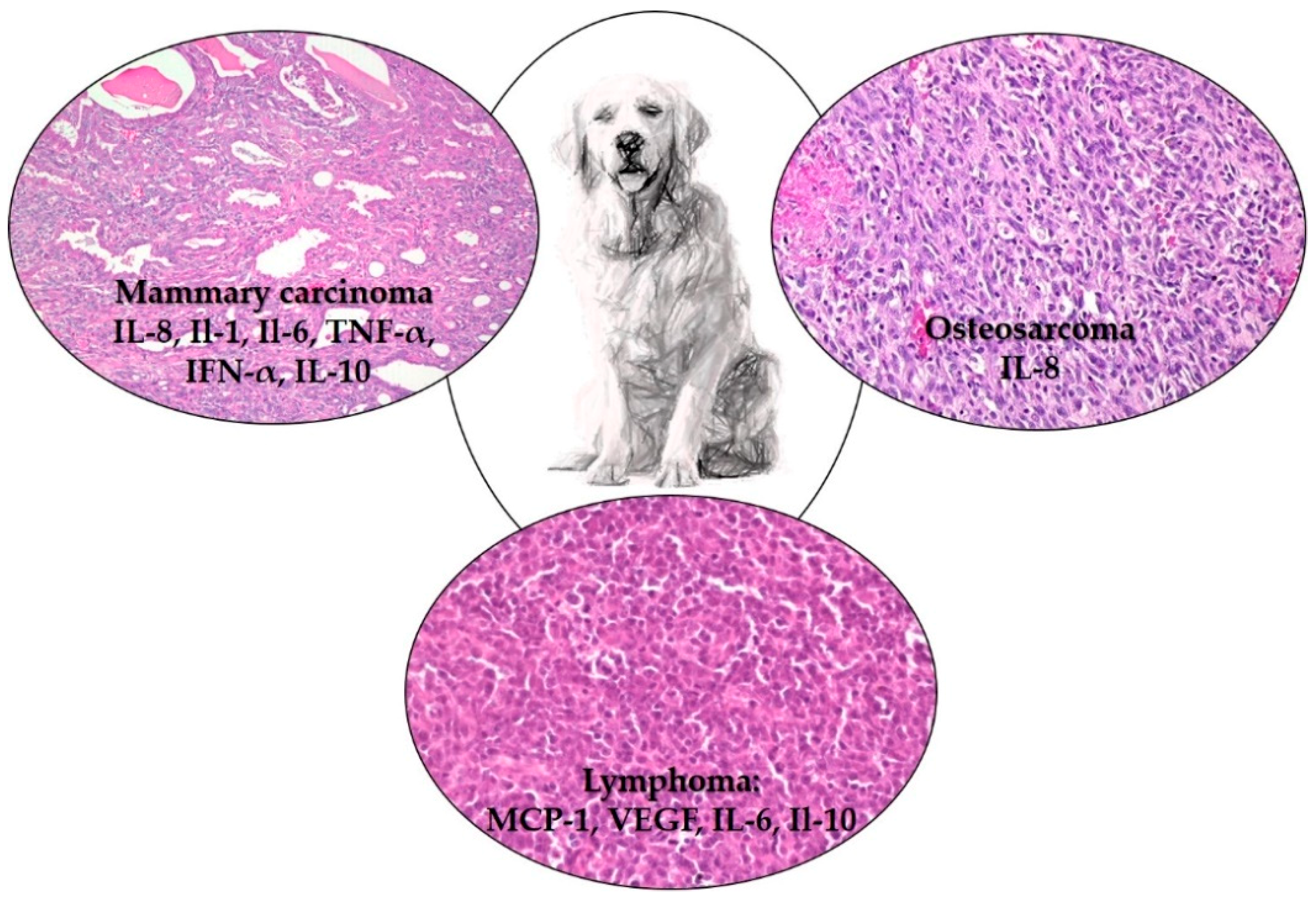
Post a Comment for "Canine Lymphoma Treatment Protocols"